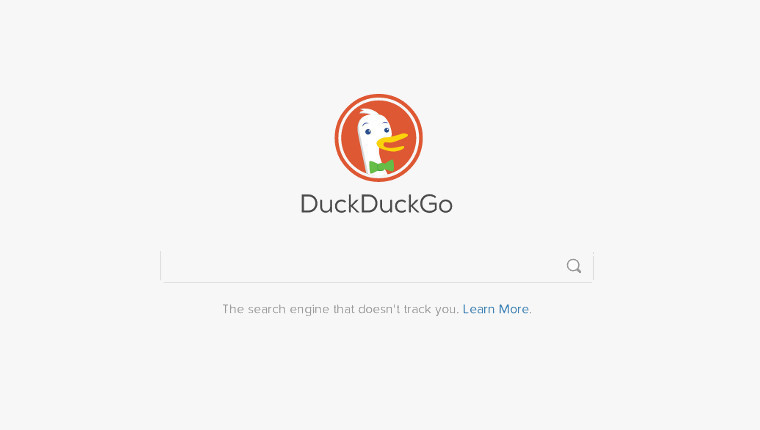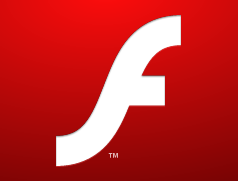
Last year, Google announced it would begin letting users in Europe pick their preferred search engine on Android when setting up their devices, after being fined a massive 4.34€ billion for anticompetitive practices. Later, the company revealed that the options that are offered on the search screen are determined by quarterly auctions, and in January, the winners of the first auction were revealed.
Now, after Google revealed the winners of the September auction, the privacy-focused search engine DuckDuckGo has blasted the company's process for pricing out legitimate competitors. The search engine options are determined by auction, which means that companies that make the most money can more easily afford to be on the list. DuckDuckGo believes this practice incentivizes companies to serve more ads, violate user privacy, and "not donate money to good causes". The way the process works benefits companies that maximize their profits, which DuckDuckGo says it doesn't try to do:
Despite DuckDuckGo being robustly profitable since 2014, we have been priced out of this auction because we choose to not maximize our profits by exploiting our users. In practical terms, this means our commitment to privacy and a cleaner search experience translates into less money per search. This means we must bid less relative to other, profit-maximizing companies.
DuckDuckGo was one of the bigger winners in the first auctions, but the company believes this is because there was less competition as some rivals may have failed to submit the initial paperwork on time. It also didn't have enough data to determine how the auction would impact its business, so its initial bids weren't sustainable in the long term. DuckDuckGo will only be an option in four EU countries now.
DuckDuckGo isn't the first to complain about Google's auction method, and the process was the target of criticism from the get-go. At the time, environmentally-friendly search engine Ecosia said it had boycotted the auction (something DuckDuckGo chose not to do), saying the process goes against the spirit of the ruling that fined the company in the first place.
The privacy-oriented search engine is calling on the European Commission to force Google to redesign the choice screen, eliminating the auction process altogether. The company proposes an alternative design where the most popular search engines in each region are shown in random order on the first screen, with the remaining alternatives shown by scrolling, also in random order.
Speaking to Business Insider, a Google spokesperson says the Mountain View giant is offering "unprecedented choice", and that the screen was developed to ensure users have more choice while also allowing Google to keep investing in Android in the long term.
_sentence_rewrites_grammarly_for_professionals_small.jpg)
















23 Comments - Add comment